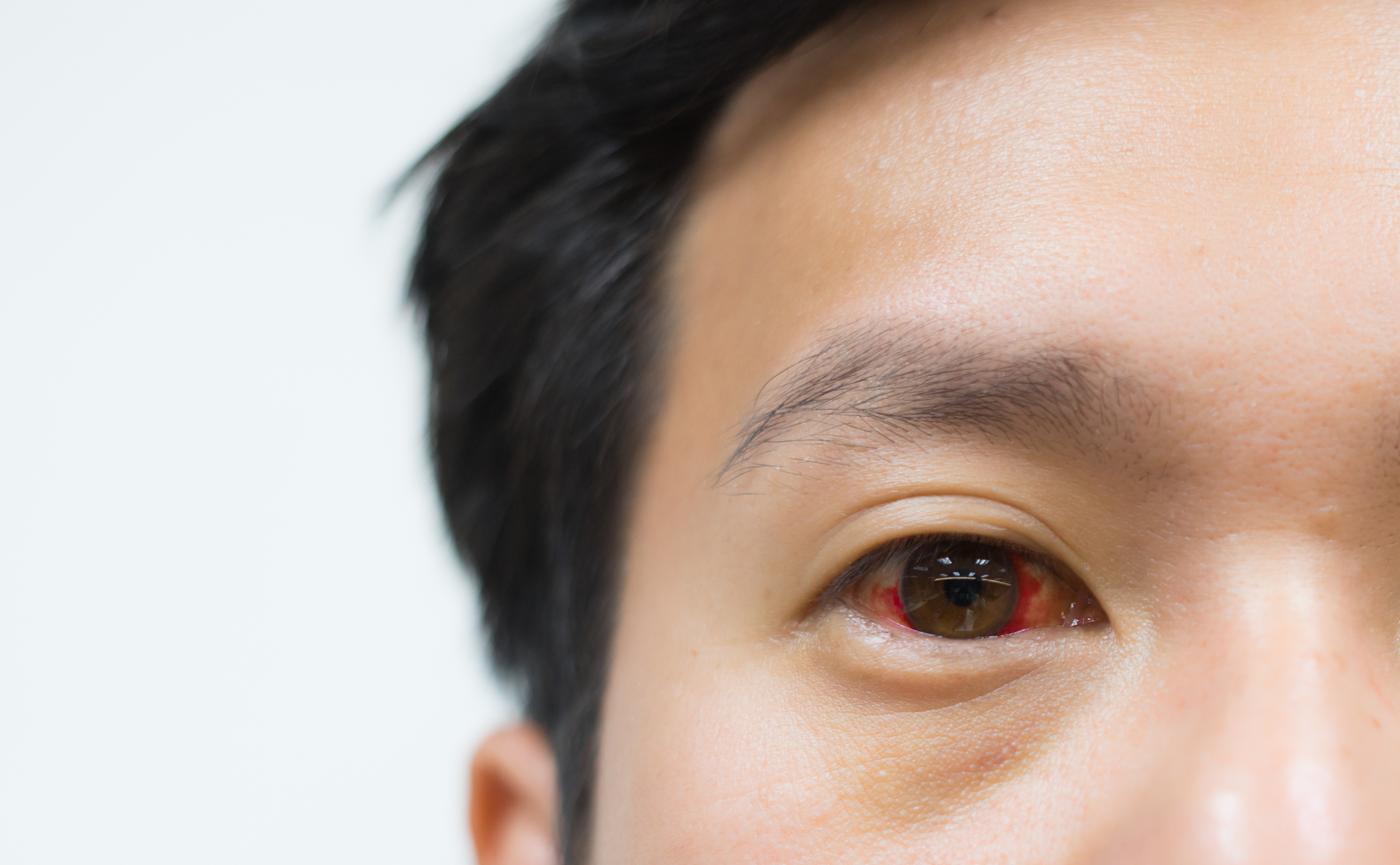Contents:
- Medical Video: How to plan pregnancy with AIDS HIV infection? - Dr. Achi Ashok
- HIV transmission from mother to child
- HIV test during pregnancy
- Anti-HIV drugs can be used to prevent transmission of HIV from mother to child
Medical Video: How to plan pregnancy with AIDS HIV infection? - Dr. Achi Ashok
Human Immunodeficiency Virus, or HIV, is the virus that causes AIDS (Acquired Immune Deficiency Syndrome) HIV infection during pregnancy is a serious and potentially life-threatening problem. Without intervention, transmission rates range from 15 to 45%. This level can be lowered to below 5% with effective interventions during pregnancy, labor, childbirth, and breastfeeding.
HIV transmission from mother to child
When a woman is infected with HIV, the virus transmits HIV to her baby during pregnancy, during labor and delivery, or by breastfeeding. HIV-infected women cannot breastfeed their babies because HIV can be transmitted through breast milk.
In addition, HIV can also be transmitted to babies through food that is first chewed by mothers or nurses infected with HIV, even though the risk is very low. To be safe, babies should not be fed food. HIV cannot be transmitted through ordinary contact, such as hugs or kisses with closed mouths, or through items such as toilet seats, door handles, or cutlery used by people infected with HIV.
READ ALSO: Beware of Kissing a Newborn Baby
HIV test during pregnancy
When you are pregnant and are at high risk for contracting HIV, your doctor will recommend you undergo an HIV test at the first examination of your pregnancy, during your third trimester, or after the birth of your baby (in some cases). Your partner must also be tested for HIV.
The most common HIV test is an HIV antibody test. HIV antibody tests aim to find HIV antibodies in the blood. Generally, it only takes a few days to get the results of an HIV antibody blood test. HIV antibodies are a type of protein in the blood, urine, or fluid from a person's mouth that the body produces in response to HIV infection. When a pregnancy gets a positive result from an HIV antibody test, the second test in the form of another type of antibody test called an HIV confirmation test is done to confirm that the person is indeed infected with HIV. It takes several weeks to get the confirmation test results. If the second test is also positive, then you are diagnosed with HIV.
A mother who knows early in her pregnancy that she is infected with HIV has more time to make important decisions about choosing effective ways to protect her health and the health of her partner, and prevent HIV transmission from mother to child.
READ ALSO: Ultrasound During Pregnancy: What Does it Function and Is it Safe?
Anti-HIV drugs can be used to prevent transmission of HIV from mother to child
Taking anti-HIV drugs during pregnancy can reduce the amount of HIV in the body of an HIV-infected mother. Reducing the amount of HIV in the body reduces the risk of HIV transmission from mother to child.
Some anti-HIV drugs are also distributed from pregnant women to the womb through the placenta (also called the placenta). Anti-HIV drugs in the baby's body help protect it from HIV infection. This is very important for the birth process when the baby can get HIV from the genital fluid or the blood of his mother.
After birth, babies born to women infected with HIV are given anti-HIV drugs. These drugs reduce the risk of infection from HIV that may have entered the baby's body during the birth process.
Anti-HIV drugs are used at the following times to reduce the risk of mother-to-child transmission of HIV:
- During pregnancy, HIV-infected pregnant women get a regimen (combination) of at least three different anti-HIV drugs from at least two different classes.
- During labor and birth, pregnant women infected with HIV get intravenous (IV) zidovudine and continue to take their regimen.
- After birth, babies born to HIV-infected women get zidovudine for 6 weeks. (Babies from mothers who do not get anti-HIV drugs during pregnancy can be given other anti-HIV drugs in addition to zidovudine)
- In addition to taking anti-HIV drugs to reduce the risk of HIV transmission from mother to child, pregnant women infected with HIV may also need anti-HIV drugs for their own health. Some women may have received the regimen before becoming pregnant.
AIDS is caused by HIV, human immunodeficiency virus, which damages the body's defense system. You must be careful while pregnant and infected with HIV. Tell your doctor about your health condition and whether you have or have taken anti-HIV drugs before.












